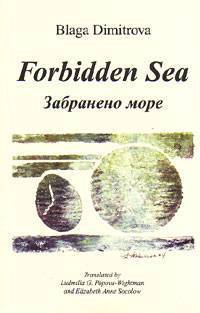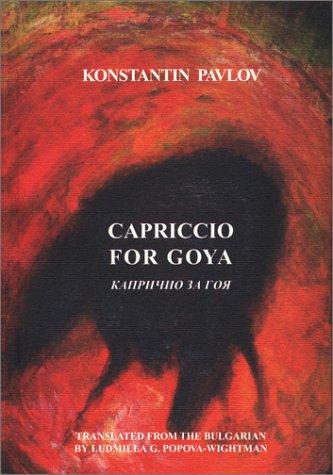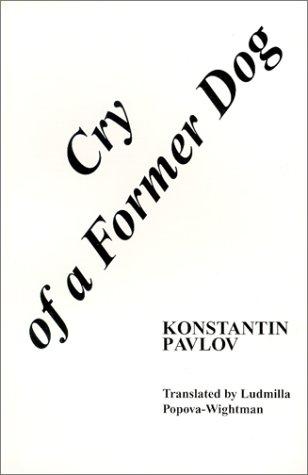
Unfortunately, Danila Stoianova didn’t have much time to fully develop her talent as a poet. She died 1984 at the young age of 23 after a long battle with leukemia. This disease, and a series of deaths in her family left a deep mark on her and one can not read her poems without thinking of her tragic fate.
Ivy Press Princeton published the major part of her small oeuvre in an excellent translation years ago (Memory of a Dream, 2003). You can find some samples of Stoianova’s poems here. Love poems, verses about her suffering, but also about solitude and nature give her poetry a rather wide spectre.
The grand old lady of Bulgarian poetry, Blaga Dimitrova said about Danila Stoianova’s verses:
“The poetry of Danila Stoianova broke open a long-walled-off window on the world. It resonates with early spring and brings the memory of the long harsh winter Bulgaria lived through. It speaks of life and death, of rebirth through the miracle of poetry.”
The translation of Ludmilla Popova- Wightman is congenial and very close to the original. Another gem coming from this small publisher that focuses exclusively on Bulgarian literature in English translation. The edition is bilingual and I can recommend it highly to poetry lovers.
This review was first published at Global Literature in Libraries Initiative, 18 June, 2018 for #BulgarianLiteratureMonth.
© Thomas Hübner and Mytwostotinki, 2014-8. Unauthorized use and/or duplication of this material without expressed and written permission from this blog’s author and/or owner is strictly prohibited. Excerpts and links may be used, provided that full and clear credit is given to Thomas Hübner and Mytwostotinki with appropriate and specific direction to the original content.







 Facebook
Facebook RSS
RSS Twitter
Twitter